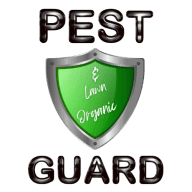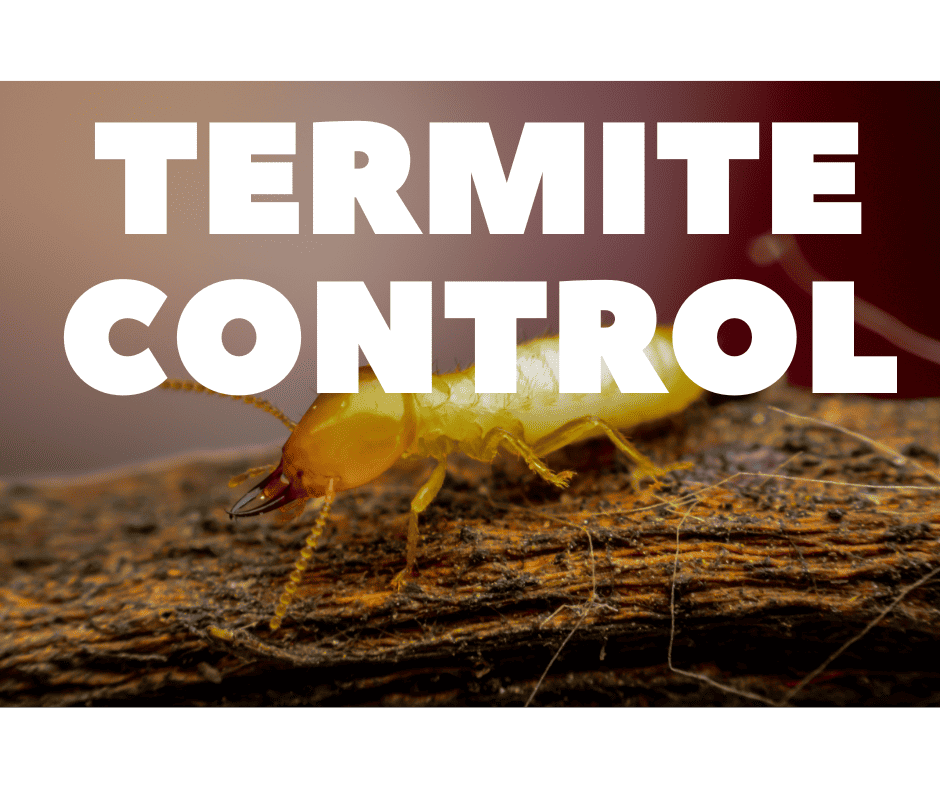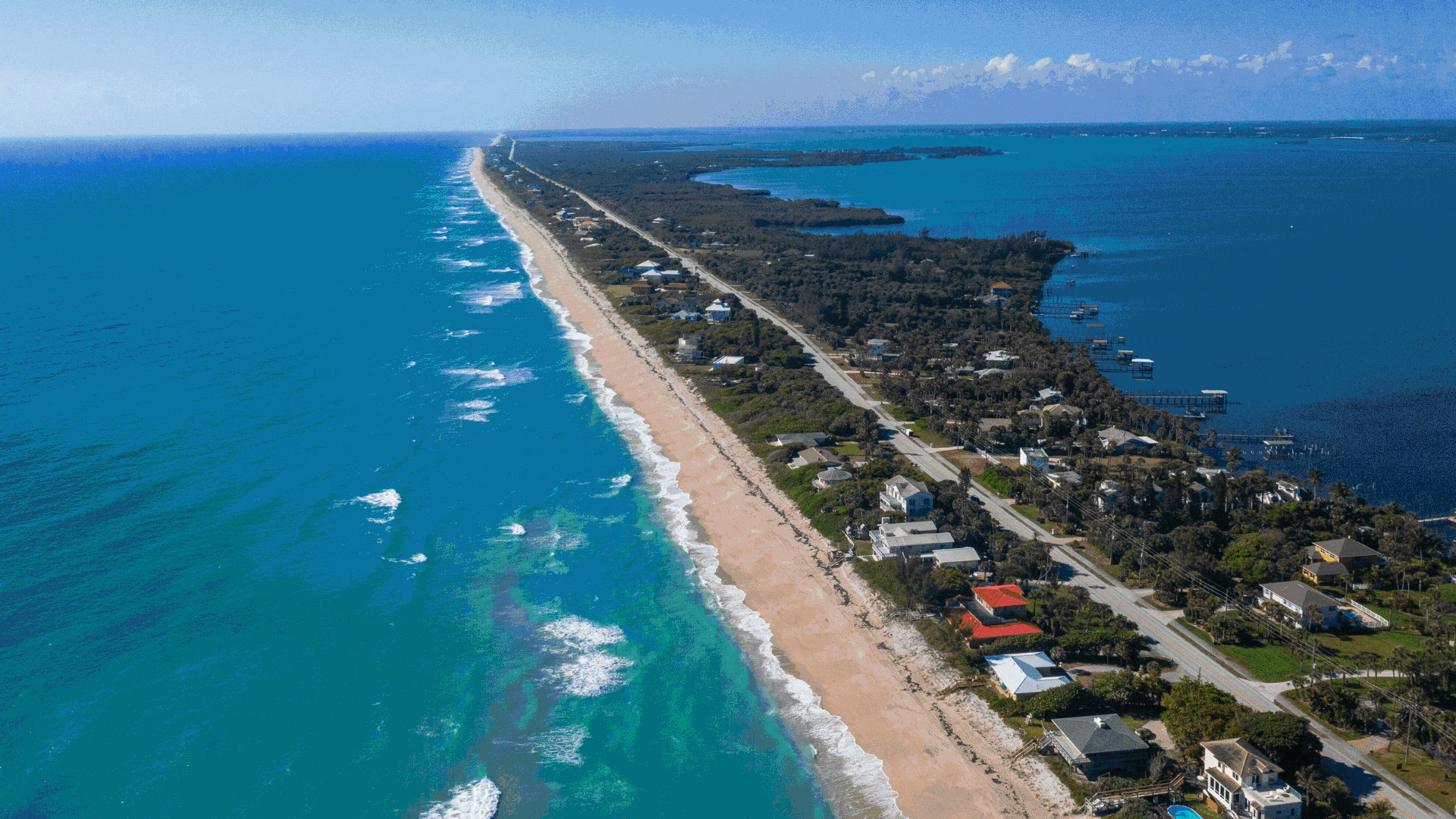Table of Contents
- 0.1 FREE ATTIC DUSTING WITH ANY NEW PEST CONTROL SERVICE!
- 0.2 $50.00 OFF YOUR INITIAL TERMITE CONTROL TREATMENT!
- 0.3 $15.00 OFF INITIAL ECO-FRIENDLY MOSQUITO STATION INSTALLATION!
- 1 Here’s what our Customers say about us!
- 2 Termite Control Treatments Available: Types Of Termites
- 3 What Attracts Termites to Homes?
- 4 How to Avoid Termites:
- 5 Termite Control Prevention:
- 6 Termite Control Treatment Cost
- 7 Identifying Your Home’s Slab Type: A Simple Guide
- 8 Our Service Areas:
- 9 FREQUENTLY ASKED QUESTIONS: TERMITE CONTROL
- 9.1 What’s the difference between swarming termites and ants?
- 9.2 What are the most common types of termites found in homes?
- 9.3 What signs indicate termite damage?
- 9.4 What is the swarming season for Eastern Subterranean Termites?
- 9.5 Are Formosan termites included in your standard termite control?
- 9.6 Do you offer both extermination and prevention services for dry-wood termites?
- 9.7 What areas do you serve in Brevard and Indian River Counties?
- 9.8 Why do you perform soil treatments rather than installing termite monitoring stations?
- 9.9 Is my block house still at risk for termite infestation?
- 9.10 Does my termite guarantee need yearly renewal?
- 9.11 How much does it cost to renew a termite warranty?
- 9.12 Can I get additional pest control at the same time as my termite service?
- 10 SCHEDULE TERMITE SERVICE NOW:
- 11 Related Links:
We have decades of experience performing termite control treatments and have treated thousands of homes on the Space and Treasure Coasts. Our experience in wood-destroying organisms means we provide a termite control service that you know will eliminate your termites the first time. If you are starting off termite-free and would like to remain that way we offer pre-construction and preventative termite treatments.
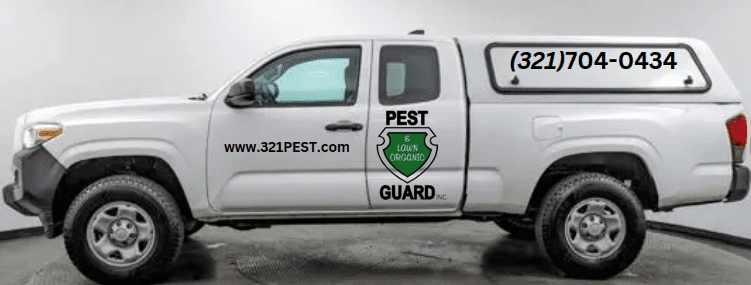
We offer one of the most comprehensive Subterranean Termite Contracts in the industry. Treatments not only cover future infestations, but they also protect your home with up to $1,000,000 in new Subterranean Termite damage repairs. This is better coverage than you would get with many National companies. Our service also includes booster treatments each and every year at the time of renewal inspection.
Our Termite Control Services are fully transferable to a new owner if you ever sell your home at no charge to you or the new homeowner.
, ,
Here’s what our Customers say about us!
Termite Control Treatments Available: Types Of Termites
Subterranean Termite Control Service. This service involves digging a trench around the base of the structure and then treating that trench with an EPA-registered Termiticide. Subterranean Termites cause the majority of damage to homes in our area. Subterranean Termite colonies can have millions of termites. Sometimes one colony can feed on multiple homes at the same time.
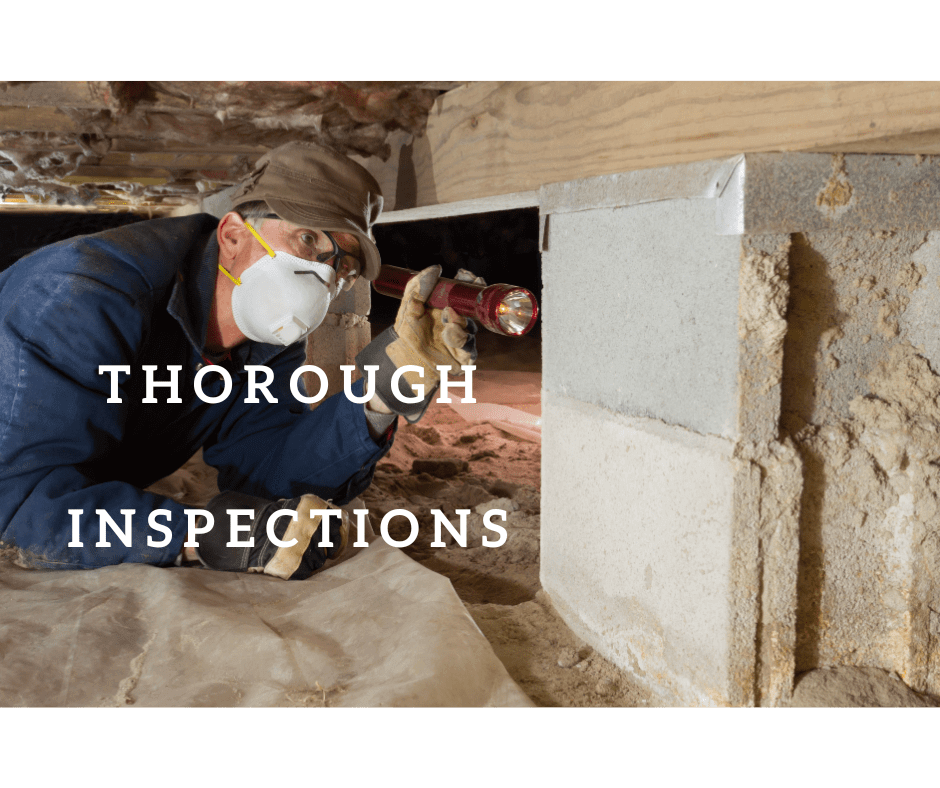
Drywood Termite Control Service. This borate treatment is applied to the exposed attic trusses to prevent or treat Dry-wood termites. Borate treatments can also be applied to wall voids in your home using a small injection needle. Drywood termites are mainly pests of older buildings. Colonies of Dry-wood termites rarely have more than 300 individuals; therefore the damage they cause tends to be much less.
What Attracts Termites to Homes?
- Wood to ground contact
- Stucco below grade (see above)
- wood/logs/untreated landscaping timbers next to house
- Foundation Cracks
- Faulty downspouts, drainage
- Pine Bark mulch
- Plumbing Leaks
- Rood Leaks
- Rigid foam insulation
- Inadequate ventilation
- Firewood
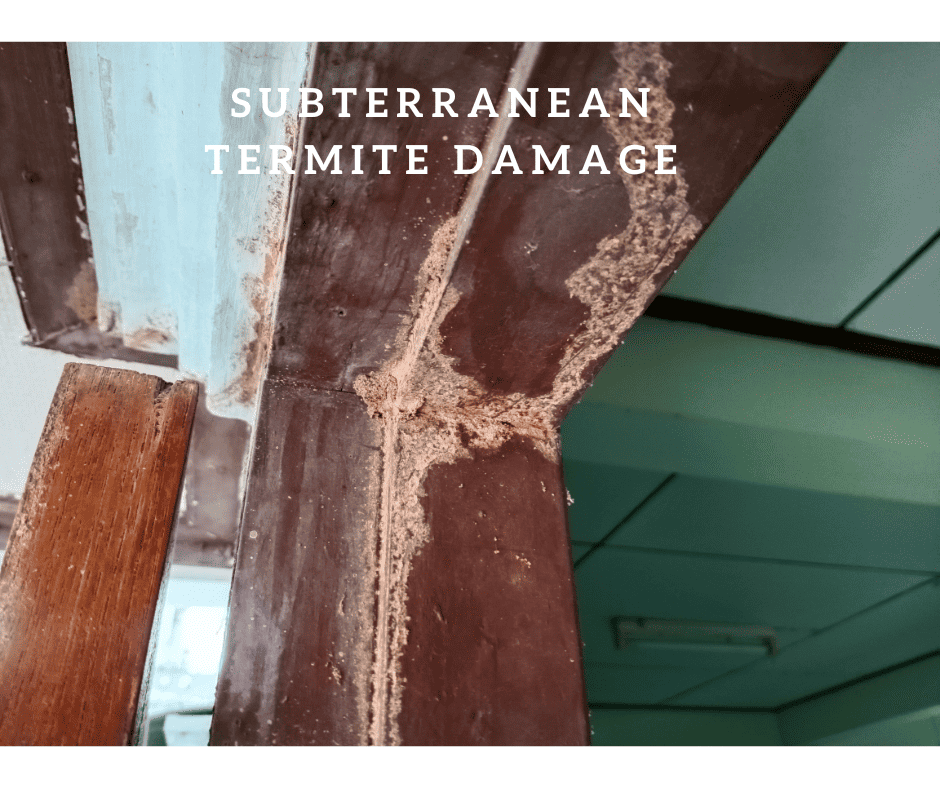
How to Avoid Termites:
- Have your home regularly inspected
- Maintain a termite agreement that includes dry-wood and subterranean termites
- Have no drainage problems
- Ensure a/c is draining away from house
- Install gutters
- Fix plumbing issues promptly
- Repair roof leaks promptly
- Do not put mulch near your house that attracts termites. If mulch is going to be used next to the house it needs to be rubber, cedar, or melaluca.
- Keep eaves & soffits intact
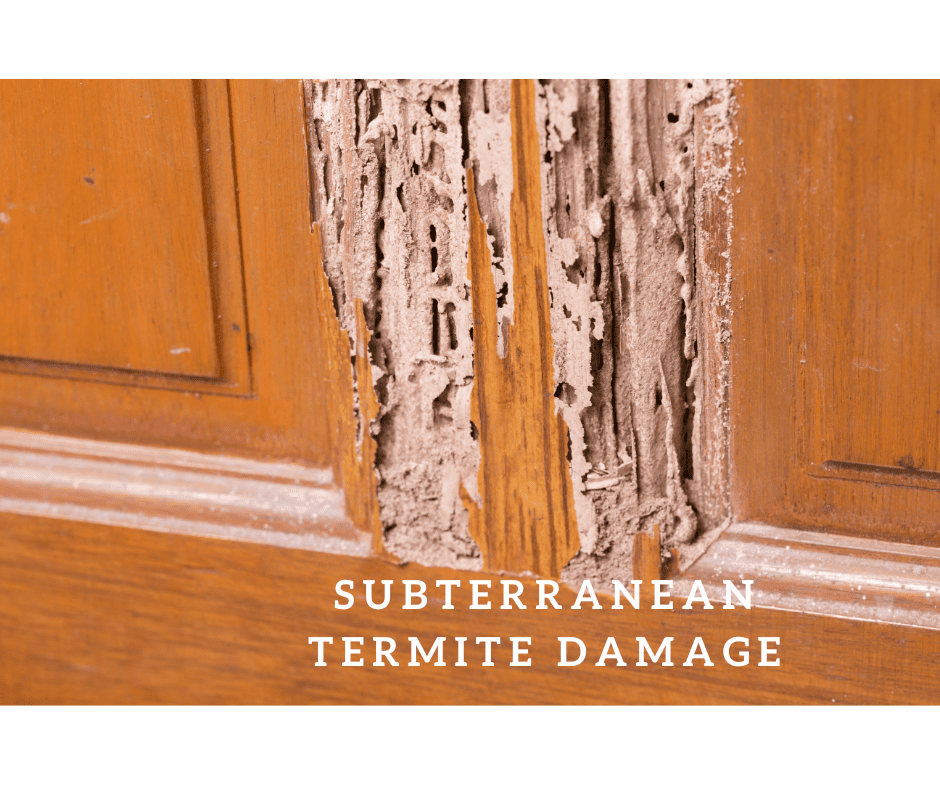
Termite Control Prevention:
Termites are a major problem in Florida, causing millions of dollars in damage to homes and businesses each year. Termites are silent destroyers, and they can go undetected for years, causing extensive damage before they are discovered.
For this reason, it is a good idea to have your Florida home preventatively treated for termites. Preventative termite treatment can help to protect your home from termite damage and save you thousands of dollars in repairs.
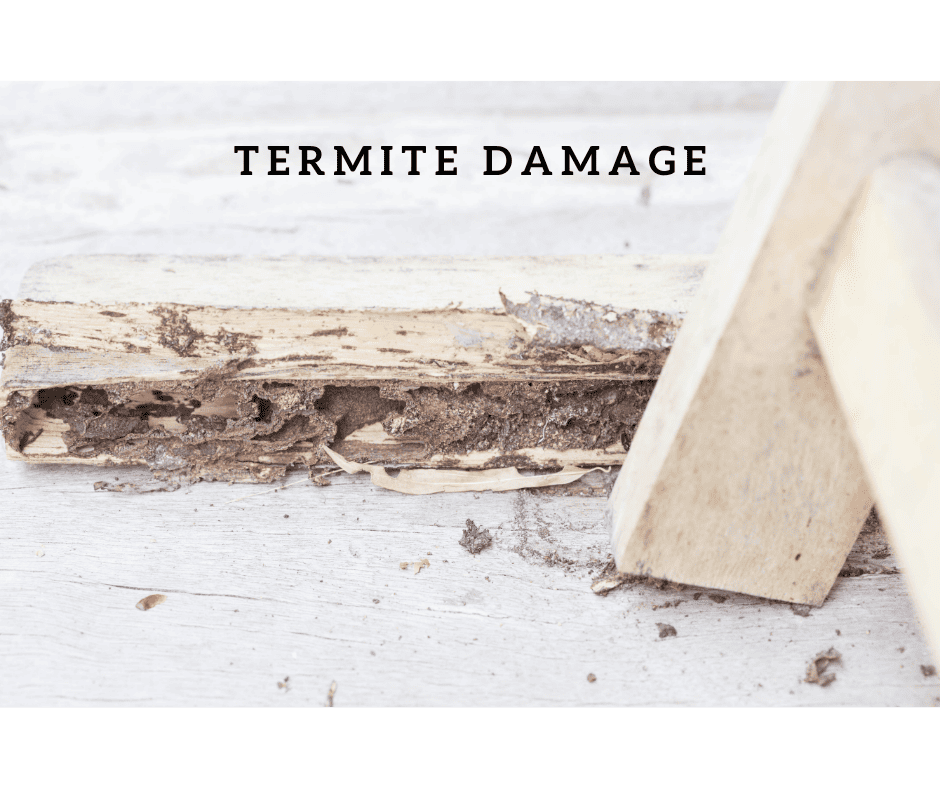
Termite Protection
- Protect your investment: Your home is likely your most valuable asset, so it is important to protect it from termite damage. Termite damage can be very expensive to repair, and it can even make your home uninhabitable.
- Maintain your home’s value: Termite damage can reduce the value of your home. If you plan to sell your home in the future, it is important to have it treated for termites to prevent any costly repairs.
- Avoid the hassle and expense of a termite infestation: If termites infest your home, it can be a long and expensive process to get rid of them. Preventative termite treatment can help to avoid this hassle and expense.
- Peace of mind: Knowing that your home is protected from termites can give you peace of mind. You won’t have to worry about termites damaging your home.
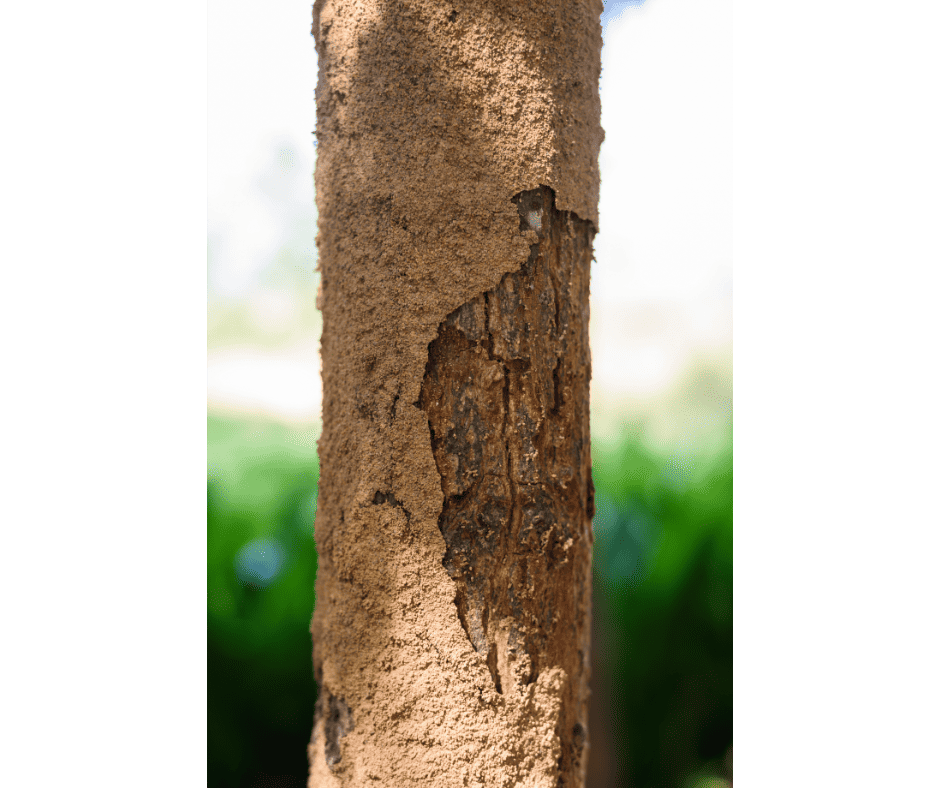
Termite Control Treatment Cost
SUBTERRANEAN TERMITE TREATMENT COST:
Monolithic slab (most common): $.99 Per Square Foot
Supported slabs (stem wall or floating slab), $2.35 per square foot.
To estimate the cost of your termite treatment, simply multiply the square footage of your home by the appropriate rate.
For example, a 1,500-square-foot monolithic slab home would cost $1,485.00 to treat, and a 1,500-square-foot stem wall or floating slab home would cost $3,525.00 to treat for subterranean termites.
Please note that these are just estimates. Though unlikely, the actual cost of your termite treatment could vary depending on the severity of the infestation, the accessibility of your home, and other factors. To get an accurate estimate, please contact us at 321-704-0434 for a free consultation.
DRY-WOOD TERMITE CONTROL COST:
If you would like to add Dry-wood termite coverage to your termite warranty we can treat your attic and eaves with a borate treatment at the time of your Subterranean Termite Control Service. Prices to add Dry-wood Termite coverage to your home start at $300.00 for the 1st 1,500 square feet and increase $50.00 for every additional 500 square feet over 1,500 square feet.
Identifying Your Home’s Slab Type: A Simple Guide
The majority of concrete slabs in Florida homes are monolithic slabs. If you need help identifying your slab type; please call us at 321-704-0434 for a free estimate.
Monolithic slab
A monolithic slab is a single, continuous piece of concrete that is poured directly onto the ground. It is the most common type of slab foundation in Florida, as it is well-suited to the state’s sandy soil conditions. Monolithic slabs are typically 4-6 inches thick and are reinforced with steel rebar to prevent cracking.
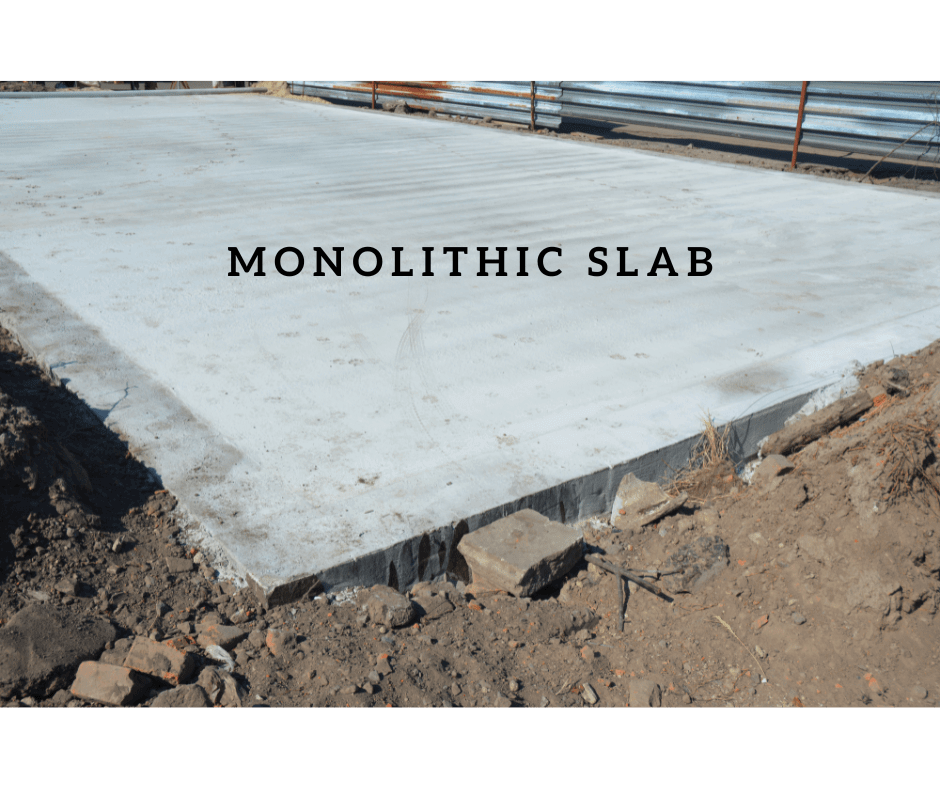
Supported slab
A supported slab is a slab foundation that is supported by piers, beams, or cinder blocks. This type of foundation is often used in areas with poor soil conditions or where the ground is uneven, or the house is large, or the house is heavy. The cost to treat a supported slab is more than a monolithic slab because both sides of a supported slab have to be treated for termites. Many oceanfront, luxury, and heavy homes have supported slab construction.
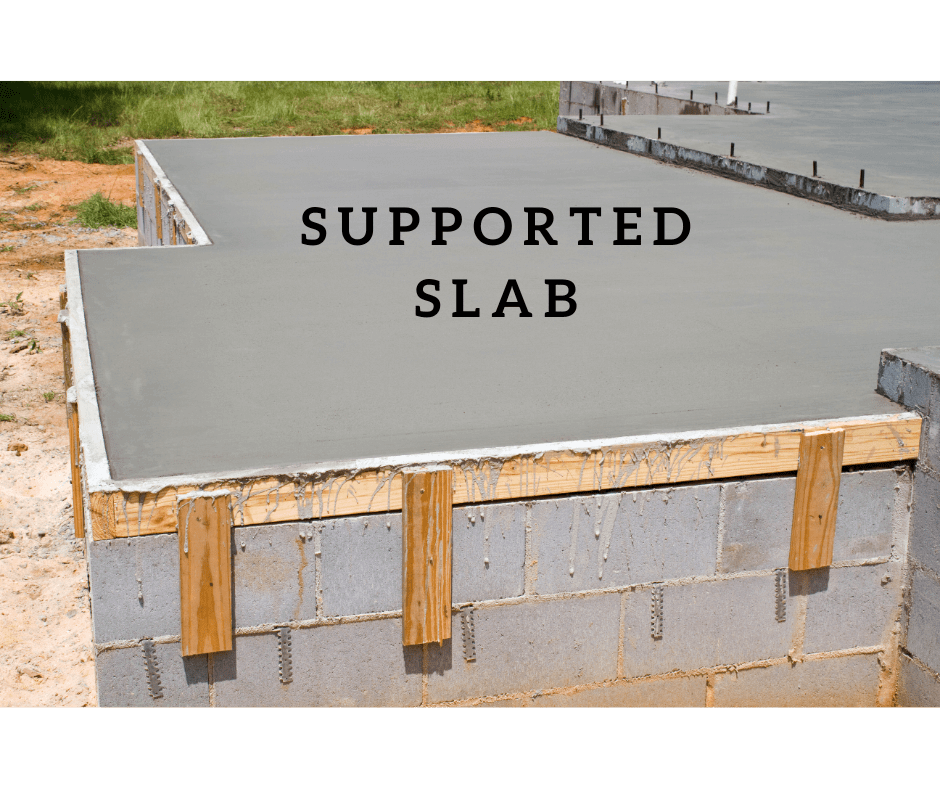
Floating Foundation
A floating slab is a slab foundation that is not attached to the foundation of the home. Floating slabs are typically used in areas with poor soil conditions or where the ground is uneven, the house is large, or the house is heavy. The cost to treat a floating foundation is more than a monolithic slab because both sides of a floating foundation have to be treated for termites. Many oceanfront, luxury, and heavy homes have supported slab construction.
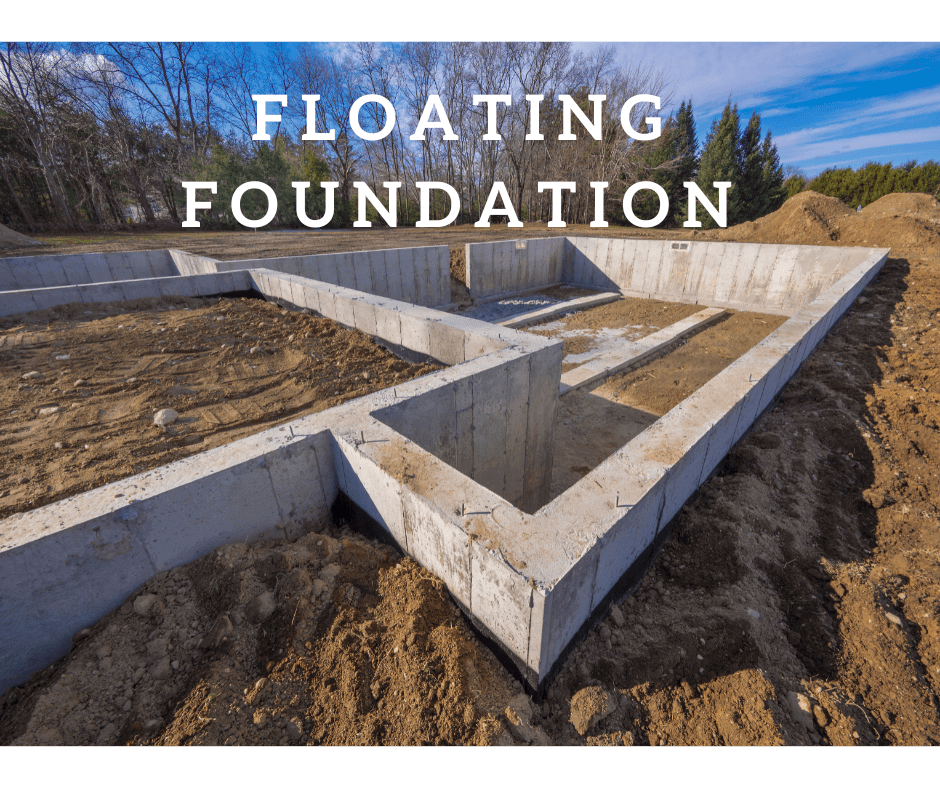
Why are monolithic concrete slabs the most common foundation type for homes in Florida?
Monolithic slabs are the vast majority of slabs in Florida because they are well-suited to the state’s sandy soil conditions. Monolithic slabs are strong and durable, and they can withstand the high temperatures and humidity that are common in Florida. Monolithic slabs are also relatively inexpensive to build, which makes them a popular choice for homeowners and builders.
Identifying Your Home’s Slab Foundation
There are a few ways to tell what kind of slab your home has. One way is to look at the foundation of your home. If you see a concrete wall around the perimeter of your house, then you have a stem wall foundation. If you do not see a foundation wall, then you have a monolithic slab foundation.
Another way to tell what kind of slab your home has is to look at the slab itself. If the slab is poured directly onto the ground, then it is a monolithic slab. If the slab is supported by piers or beams, then it is a supported slab or floating slab.
Our Service Areas:
- Merritt Island
- Cocoa
- Cape Canaveral
- Cocoa Beach
- Avon By the Sea
- Satellite Beach
- Indian Harbour Beach
- Indialantic
- Melbourne Beach
- Floridana Beach
- Vero Beach
- Sebastian
- Vero Lake Estates (VLE)
- Fellsmere
- Roseland
- Orchid Island
- Wabasso Beach
- Indian River Shores
- John’s Island
- North Hutchinson Island
- South Beach
- Barefoot Bay
- Grant-Valkaria
- Vero Beach
- Orchid
FREQUENTLY ASKED QUESTIONS: TERMITE CONTROL
What’s the difference between swarming termites and ants?
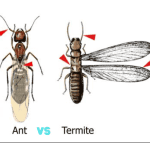
Ants have a tiny waist and termites have a fat mid-section
What are the most common types of termites found in homes?
There are three main types of termites and they are all common: The most destructive – Subterranean termites (Earthen termites, Underground termites, Dirt termites, Mudder termites, or Mud termites), the annoying and persistent – drywood termites (Furniture termites, Dry termites, or Attic termites), and finally dampwood termites (Rot termites, Tree termites) are only found in rotten wood or areas with excessive moisture.
What signs indicate termite damage?
Signs of termite damage include: Sagging floors or walls
-Hollow-sounding wood
-Termite droppings (small, black pellets)
-Mud tubes
What is the swarming season for Eastern Subterranean Termites?
In Florida, October to February usually after it rains.
Are Formosan termites included in your standard termite control?
Yes, Formosan Termites are included in the termite agreement.
Do you offer both extermination and prevention services for dry-wood termites?
Yes! You can add dry-wood coverage to your termite warranty by adding a borate treatment. This treatment has also been known to treat Carpenter Ant nests in the attic. Borate treatments can last the life of the wood so long as the wood remains dry.
What areas do you serve in Brevard and Indian River Counties?
We serve Palm Bay, Suntree, Viera, Rockledge, Cocoa Village, Merritt Island, Cape Canaveral, Cocoa Beach, Satellite Beach, Indian Harbour Beach, Indialantic, Melbourne Beach, Vero Beach, Sebastian,. Grant-Valkaria, and Barefoot Bay.
Why do you perform soil treatments rather than installing termite monitoring stations?
Termite monitoring stations came into existence due to a ban on organophosphates in the 90’s. At that time there were no other alternatives. Fipronil and Immidacloprid have since been introduced and proven safe & effective. Providing our customers with a continuous termite barrier provides them with peace of mind that their house is protected from termites. We still utilize termite monitoring and bait stations in some situations, however; they are mostly viewed as obsolete and incapable of providing the complete termite protection our customers expect.
Is my block house still at risk for termite infestation?
Yes. Termites can still be attracted to baseboards, furring strips, furniture, and roof trusses.
Does my termite guarantee need yearly renewal?
No, you have the option not to renew your Termite Control Guarantee. In order to maintain your Termite Control Guarantee active you will have to pay the renewal fee before the last day of your renewal month. We mail a renewal notice at the begining of your renewal month.
How much does it cost to renew a termite warranty?
The cost of your renewal is indicated on the Termite Control Agreement that you sign before the initial treatment. Termite Control Guarantee Renewals start at $299.00 and go up depending on your termite coverage (Subterranean only, Drywood & Subterranean, Dry-wood only, other wood destroying organisms being treated ect..)
Can I get additional pest control at the same time as my termite service?
Yes we can!
